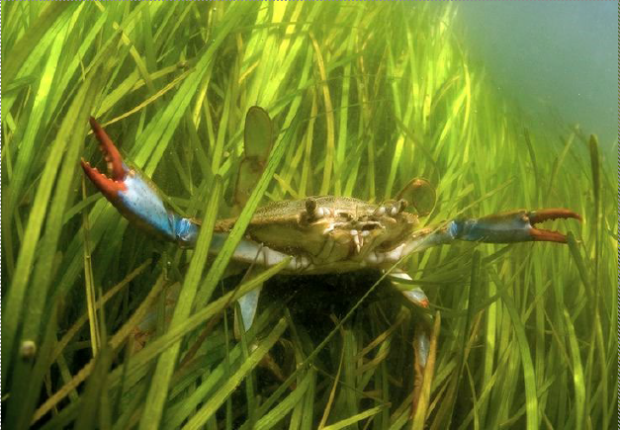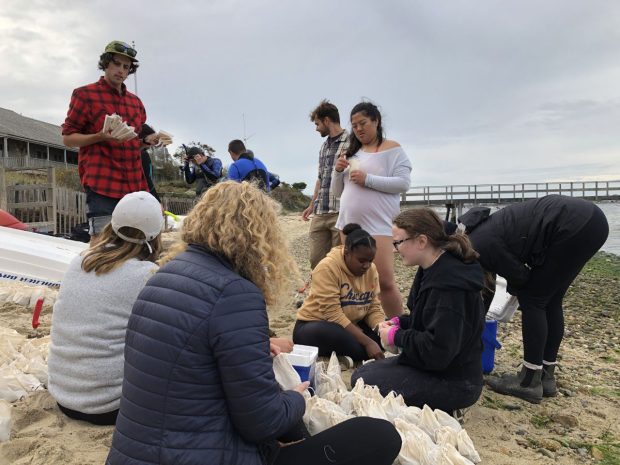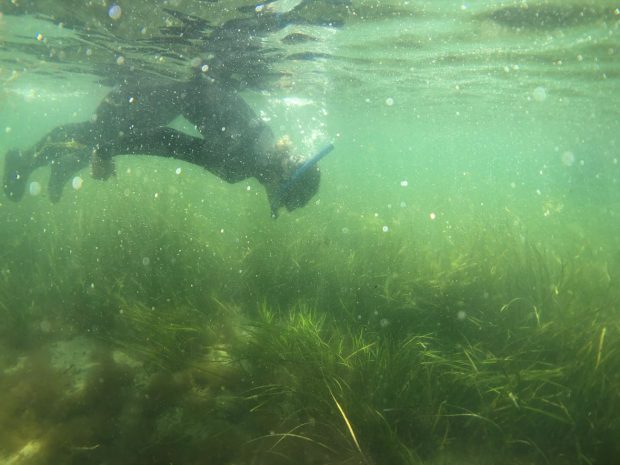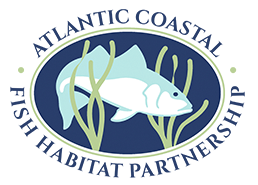National Parks of Maine through North Carolina
Endorsed by ACFHP in 2023
Seagrasses are central to healthy coastlines worldwide. Seagrass meadows are the forests of our submerged nearshore lands. However, they are declining at alarming rates. Eelgrass, the foundational seagrass species of the northeast, is particularly vulnerable due to rising temperatures, with extensive losses occurring at coastal parks throughout the east coast.
With this project, the National Park Service along with its partners will produce an unprecedented genomic dataset across a broad geographic range of parks. This knowledge will be invaluable to the long-term viability of this species. The success of this project and the persistence of seagrass will provide a powerful nature-based solution for coastal parks. The project’s approach is also transferable to other locations globally. For example, the east coast of Australia is interested in conducting similar efforts along their coast. This project will lead the way in terms of design and implementation and provide guidance to others looking to buffer seagrasses against rising temperatures. This project framework is not exclusive to seagrasses and will be a blueprint for other keystone species (both marine and terrestrial).
ACFHP supports the National Park Service’s plan to reverse declining eelgrass trajectories and reduce population-scale climate change vulnerability. This will be done by applying an adaptive-capacity informed approach to seagrass restoration and management across the National Park system from Maine to North Carolina. The seagrass restoration project will improve water quality, integrate estuarine habitats across habitat mosaics and benefit fish species throughout the affected region. Additionally, it will provide unmatched opportunities to integrate genomic data into conservation and management strategies across a broad geographic range of national parks. Seagrasses are a foundation species, creating habitats that serve as important nursery grounds for many recreationally and ecologically important fish and invertebrate species.



Text provided by National Park Service (NPS)
